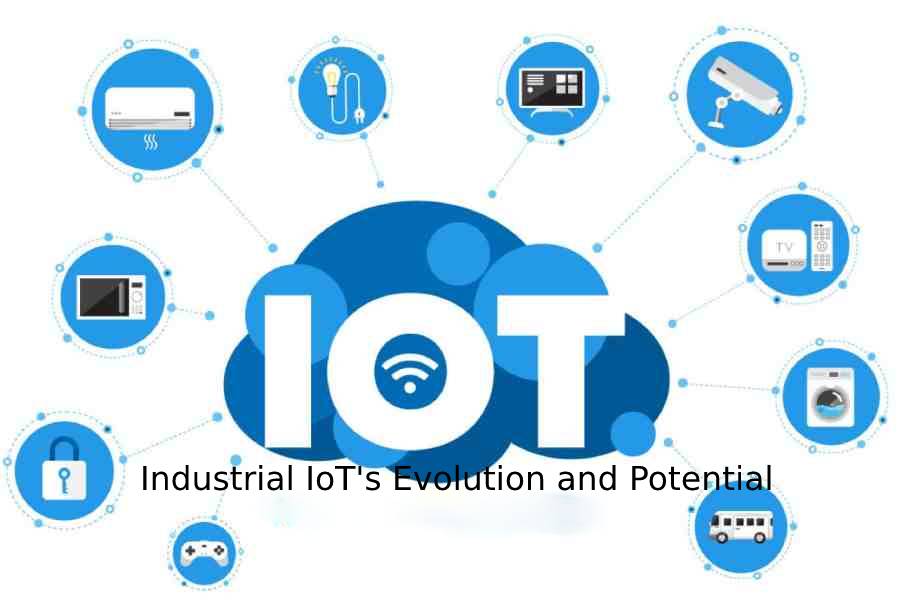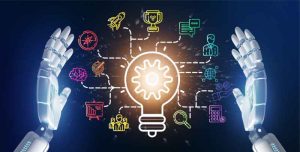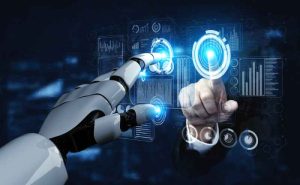Industrial IoT’s Evolution and Potential

Industrial IoT's Evolution and Potential
Industrial internet of things (IIoT) is a more recent technology that is starting to drastically alter industrial processes. Despite being a relatively recent development in industrial technology, IIoT is starting to establish itself as a standard within the sector.
It is conceivable that IIoT will have the capacity to go beyond its current applications to assist in even more novel and fascinating ways as its effect continues to increase. One can have a more nuanced view of industrial processes and how they are growing in the modern digital age by being aware of the possibilities of IIoT and the ways that it may develop.
Table of Contents
What Is IoT for Industry?
If you’re like the mainstream of people who don’t work in the manufacturing or tech sectors, you may be unsure of what the Industrial IoT is. IIoT can be summed up as a network of interconnected intelligent devices utilised in manufacturing environments or industrial settings.
Together, these intelligent, networked gadgets collect, track, and analyse data in these environments. People can have a more precise grasp of how industrial processes might be changed or enhanced in specific areas thanks to these networks of smart devices, which can offer a more comprehensive perspective of them.
IoT can be utilised to find information about industrial processes that a person usually wouldn’t be able to notice. Additionally, it may assist in guiding selections regarding upkeep and updates to machinery.
The Use of IoT in Industrial Settings and Other Environments
Earlier than being used in industrial settings. IoT technology was developed with consumer goods in mind. IoT technology gave consumers more convenience and accessibility regarding connectivity across items while also helping businesses better understand things like consumer preferences.
It was discovered that this technology may be highly helpful in monitoring and obtaining information on industrial processes when applied to industrial settings. After insightful analysis of this data, judgments that could enhance procedures could be made.
Although the Internet of Things is still a relatively new phenomenon in industrial settings, its effects could quickly extend to other, closely related industries. For instance, a network of interconnected smart devices that keeps everyone at all stages of the supply chain informed about the status of various resources and products would be pretty beneficial for supply chains comprising multiple businesses. If this were to happen, supply chains might become more effective and function more smoothly.
New fields for experts in automation and artificial intelligence
Along with expanding into new industries, IIoT will probably boost demand for people prepared to work in a range of automation and artificial intelligence roles. This rise in the need for skilled workers can contribute to innovation and advancement in automation and artificial intelligence.
As a result, IIoT has the potential to change both the disciplines of automation and artificial intelligence in addition to labour processes in industrial settings.
A Changing World and Industrial IoT
The widespread adoption of IoT will probably happen as the world changes and develops in many different ways. IoT has the potential to significantly improve supply chain procedures, as well as many other industries that will soon recognise the benefits of this technology, in addition to manufacturing processes.
Though IIoT applications in the industrial sector are still in their infancy, it’s expected that the technology will soon become more potent and valuable.
Also Read: Internet Of Things(IoT) Impact on Business




